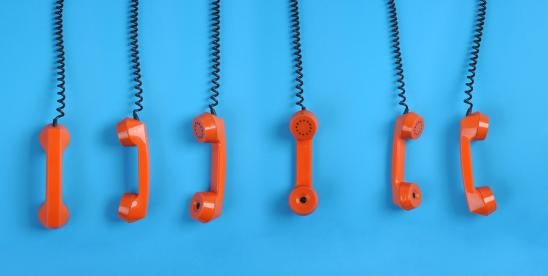We typically limit our coverage to TCPA matters, but will venture into other consumer-protection matters when it touches on outbound calls to consumers. And because many residents of TCPAWorld are in the credit and collections space, we thought we’d highlight a recent victory for a collection agency in Mendoza v. Diversified Consultants, No. 18-2005, 2019 U.S. Dist. LEXIS 101386 (E.D. Pa. June 18, 2019). In a victory for the collections industry, the court held that use of a local area code for outbound collection calls does not violate the Fair Debt Collection Practices Act.
Let’s break it down.
In addition to numerous technical requirements, the FDCPA prohibits third-party debt collectors from engaging in false, deceptive, or misleading conduct and unfair and unconscionable conduct in the collection of a debt. But a consumer does not actually have to be deceived or mislead to prevail. Instead, they only have to prove that the “least sophisticated consumer” could be misled, deceived, or confused by a statement.
I’ve never met the least sophisticated consumer, but I have met a lot of creative plaintiff’s attorneys. And from what I can tell, “least sophisticated consumer” often means “most creative plaintiff’s attorney.” E.g., if a creative plaintiff’s attorney can think of a plausible scenario in which a consumer might somehow be confused, some courts will allow a case to proceed.
Not so with the Mendoza court. The Mendoza plaintiff alleged that a Florida-based collection agency deceived her by using local, Pennsylvania area codes even though the calls really originated from Florida. She argued that use of her local area code deceived her into answering the calls.
The court rejected the plaintiff’s theory, holding that use of a local area code, without more, does not actually mislead or deceive as to who is placing the call. It cautioned, however, that use of a fictitious name on a caller ID would be unfair or deceptive under the FDCPA.
Mendoza is therefore significant in that it puts some rationality into the type of conduct that can be considered misleading, deceptive, or unfair under the FDCPA. It also reinforced that alleged deception has to be relevant to the type of conduct the FDCPA is meant to prohibit, such as misleading a consumer regarding the nature or amount of a debt, or of a collector’s identity.
Use of local area codes is a common practice in both the first-party and third-party collection industries. Mendoza, while not necessarily endorsing the practice, held that it does not violate the FDCPA. Collectors do, however, need to be cautious not to engage in other types of conduct that could mislead as to their true identity, such as by using fictitious caller ID’s.




 i
i

